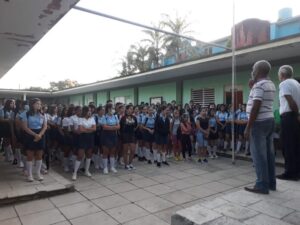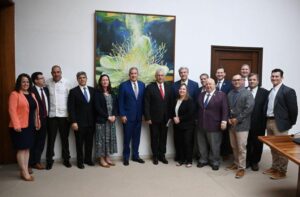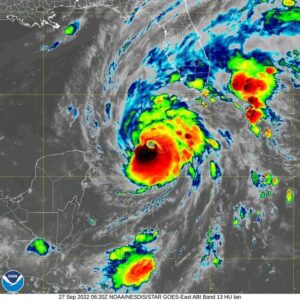The hygienic-epidemiological situation in Ciego de Ávila is complex. Although no dengue deaths are reported, Doctor Kesnel Lima, provincial director of Health, confirmed an increase in patients with fever in the provincial capital and urged the population to go to the doctor with any symptoms.
In contrast with the more than 27 thousand dengue deaths reported this year in Latin America, Cuba registers only three deaths, according to data from PAHO and MINSAP.
However, structural problems persist. Doctor Lima acknowledged that the provincial hospital «Antonio Luaces Iraola» has inoperable wards and that the X-ray equipment at the «Belquis Sotomayor» polyclinic is broken.

Despite the shortage of medicines and supplies, and rural doctor’s offices without permanent doctors, the health institutions are working to attend to patients.
Energy, fuel and water: services at the limit
The Electric Company reported that in the previous day blackouts averaged 15 hours, mainly affecting circuits in the provincial capital, Florencia and Primero de Enero. The lack of fuel hinders the use of generator sets in vital centres. Furthermore, the province has damaged transformers that leave rural communities like Modesto Reyes without electricity.
The fuel shortage also impacts other services. CUPET communicated that the province currently lacks Liquefied Petroleum Gas (LPG). Likewise, the School Bus Enterprise is paralysed, preventing the transport of students and teachers.
For its part, Water Supply and Sewerage maintains a water delivery cycle every eight days in the capital. There are difficulties with the supply in Florencia and breakages in pumps are reported in Vicente and Primero de Enero. The director, Miroslava Reyes, added that the obstructions in the sewer networks of several municipalities are complicated by having only one vehicle for the repairs.

Supplies and fight against illegalities
Yadiel Pérez Téllez, provincial government programmes coordinator, informed that starting next week, two pounds of rice corresponding to July and one pound of sugar per consumer will be sold progressively in the grocery shops.
The assurance of a stable supply in the state markets was insisted upon, especially in Chambas, Florencia and Majagua.
The authorities showed their forceful criticism towards resellers who, in addition to selling rice on the black market for between 180 and 200 pesos, deceive consumers by «using smaller containers to steal pounds».
In the Maidique areas and José María Agramonte street, forced sales were proceeded with and fines of up to eight thousand pesos were imposed on the offenders. The Governor, Alfre Menéndez Pérez, insisted on selling the released rice periodically to «combat with popular force» the speculators.
Environmental sanitation and call to the population
The accumulation of rubbish in the neighbourhoods is another critical problem. Luis Alberto Perez Olivarez, provincial director of Communal Services, indicated that there are some 300 waste collection points and that neighbours must help eliminate the micro-dumps. He questioned the «bureaucratic obstacles» that prevent using animal traction for collection.
The first secretary of the Party, Julio Heriberto Gómez Casanova, acknowledged the seriousness of the situation and called on the population to cooperate with discipline.
The daily meeting, presided over by the first secretary of the Party and the Governor, evidenced a spirit of work to overcome the difficulties. The director of Health was instructed to convene a press conference for this Friday in order to keep the population informed about the epidemiological situation and the behaviour of arboviruses such as Dengue, Oropouche and Chikungunya.
Despite the complex scenario, the authorities affirmed that there is a commitment to guarantee the quality of life of the population, demonstrated by the performance of public servants amidst the economic adversities.




